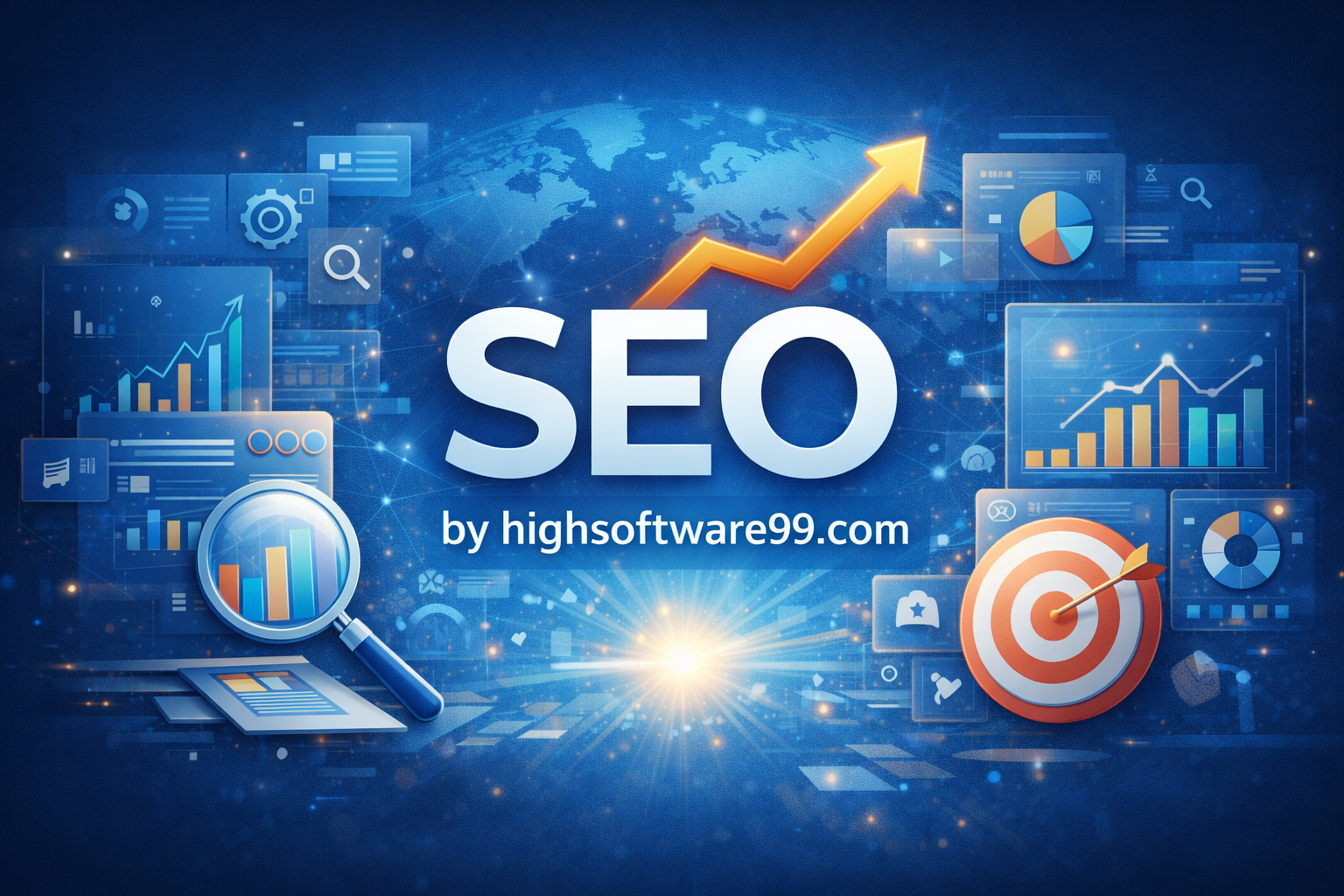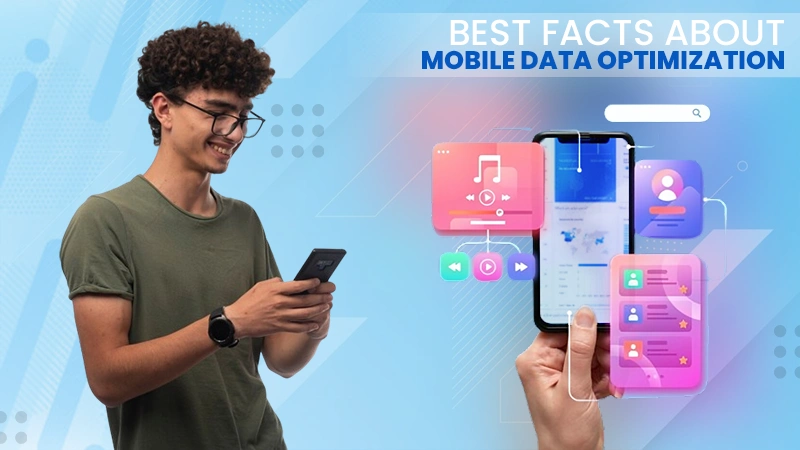The process of gathering and analyzing data from websites is called web scraping, also known as web data extraction. There are several uses of web scraping methods, including search engine optimization (SEO).
You can acquire essential insights and raise the visibility and rating of your website on search engines by gathering information about your rivals, market trends, and customer behavior.
Web scraping for SEO necessitates a certain level of expertise, including moral prudence and the use of the proper tools and methods. This article will cover essential information regarding web scraping for better SEO. Learn more about web scraping to boost your business or personal website!
What is Web Scrapping
Web scraping is a technique for extracting information from websites by making HTTP requests to a website’s server, downloading the HTML of the web page, and then parsing that HTML to extract the data you’re interested in.
Web scraping can be done manually, but it often requires using a program or script that automates the process. The data obtained through web scraping can be used for various purposes, such as price comparison, job postings, research, and more.
How Does Web Scraping Work
The method of obtaining data from a webpage is called web scraping. It entails gathering and exporting data in a way the user finds more valuable. The most common forms for the data are CSV files, Excel, and Google Sheets.
Businesses looking to see competition data are the main users of web scraping. They’ll typically retrieve data that helps their SEO strategies. Most firms would be interested in the following information:
- Market analysis and knowledge
- Intelligence and monitoring costs
- Lead Generation Specifications
- Sports statistics for gambling
- List of commercial locations
- Monitoring of news and content
You can find out where your SEO strategy has failed and succeeded by using web scrapers.
The scraped data can assist you in establishing a successful digital marketing strategy, for example, if you have been producing content not appearing on the first pages of search results.
How to Boost Your SEO Campaigns Using Web Scraping
Given the intense competition in the SEO industry, it’s critical to understand web scraping methods that can enhance your output. Look into the points mentioned below to understand what to focus on when using web scraping.
Identify Keyword Results
The cornerstone of any effective SEO strategy is identifying primary keywords. One of the key elements that affect how you rank on search engines is keywords.
You may find out what diverts or draws visitors to the website by utilizing SEO tools to determine the keyword results of both you and your rivals.
Due to this, the industry of SEO software is rapidly growing and leaders are utilizing it to perform precise and quick keyword research. Web scraping also helps identify potential target audiences for competitors through the process of targeting.
You may determine whether a consumer searching for terms similar to yours will find your website first by displaying the buyer personas.
Extract Information for Opportunities for Guest Blogging
Guest blogging is an effective way to boost your online presence by allowing you to make connections and buy backlinks cheap which results in increase visibility, and will improve your search rankings. However, finding relevant information on some websites can be challenging.
It can be challenging to locate a website that has a similar blog layout as yours. To do so, you need to first search the website for relevant content to your request, and then create topics that will interest their audience.
Fortunately, web scraping tools can help you increase your chances of guest posting. You can filter and extract data that is solely pertinent to your campaigns with the aid of automated technologies.
You can create and propose content to improve your ranking in search engine results pages (SERPs) using web scraping techniques. To get help on web scraping, you can also look into ScrapingAnt for help and recommendation.
Find Out What Your Best Ranking Categories Are
Many elements contribute to creating content. Despite most content development efforts being geared towards achieving a top ranking on search engine results pages (SERPs), this is only sometimes the case. Some content types may perform well, while others may require assistance to even rank on the second page of SERPs.
Run a web scraper on your website to determine which category has the most influence. The tool can help you identify your top-performing types. Then, you have the option to utilize a web scraper to classify and evaluate the content based on specific criteria.
The tools’ ability to help you find your most popular and shared material is what we find fascinating.
You can reduce the number of categories on your website using this data. Additionally, you can use web scraping techniques to discover new categories from a competitor’s website, which could improve your ranking.
Get Reliable Information for Your Content
By using web scraping, data is obtained directly from its source, resulting in a higher chance of the data being accurate. Data scraping solutions provide quick and precise results for your campaign, for instance, if you want to compare the costs of several products.
Outstanding content can then be produced using the scraped data. For your blog entries, you can also compile data from websites like Statista to make graphs and charts. This data will raise your content’s caliber and ranking on search engine results pages.
How Does SEO Impact Your Business
Enhancing a website’s keyword density to improve its appearance on the search results page is known as search engine optimization.
An increase in visibility increases the likelihood that new and returning customers will visit your company, leading to a more profitable conclusion.
But let’s look at how SEO functions. Any search engine, including Google, Bing, and others, uses bots to crawl websites, gather data, and index them.
Then, all this data is examined using a variety of ranking factors or signals. In this approach, algorithms choose the order in which pages should appear in search results for a particular keyword.
There are many user experience-related components of search ranking considerations, including content and website architecture.
Website architecture is crucial for the crawlability and friendliness of the website, the quality of the material and the keywords used on the website and in blog posts are components of content optimization.
The primary on-site techniques for increasing your website’s ranking on SERPs are to optimize the UX and content. Search engine results emphasize organic rank growth in contrast to paid advertisements.
Therefore, if you want to rank on the first page of search results and naturally increase the visibility of your website, delivering just the appropriate amount of attention to SEO via Web scraping may be a great idea.
The Legality of Web Scraping
Web scraping can be legal or illegal, depending on the specific circumstances.
In general, it is legal to scrape publicly available information, but it may be illegal to scrape certain types of protected information or to scrape data from websites that have explicitly prohibited scraping in their terms of service.
Additionally, certain jurisdictions may have specific laws regarding web scraping. It is recommended to consult a legal professional if you need clarification on the legality of web scraping in a particular case.
Costing Issues of Web Scraping
The cost of web scraping can vary greatly depending on several factors, such as the complexity of the scraping project, the amount of data that needs to be scraped, and the technology used to perform the scraping.
Simple projects, such as scraping a few pages from a single website, can often be done using free or low-cost tools and may only require a few hours of work.
More complex scraping projects, such as scraping large amounts of data from multiple websites or scraping sites that require logging in or bypassing CAPTCHAs, may require specialized software or services and may take significantly longer to complete.
The cost of the scraping tools or services also varies; some are free and open-source, while others are paid tools or services.
Additionally, if you are looking for scraping services, you can find many providers with different pricing structures like hourly rates, per project, monthly subscriptions, etc.
It’s easier to give an average or exact cost of web scraping with more information about the specific project. Still, the cost can range from a few hundred dollars for a simple task to tens of thousands for a more complex project.
Conclusion
Web scraping can be a terrific idea for increasing SEO and exposure. You can increase the ranking of your website by learning the fundamentals of web scraping and its issues.
We hope that the information mentioned above has aided you.







